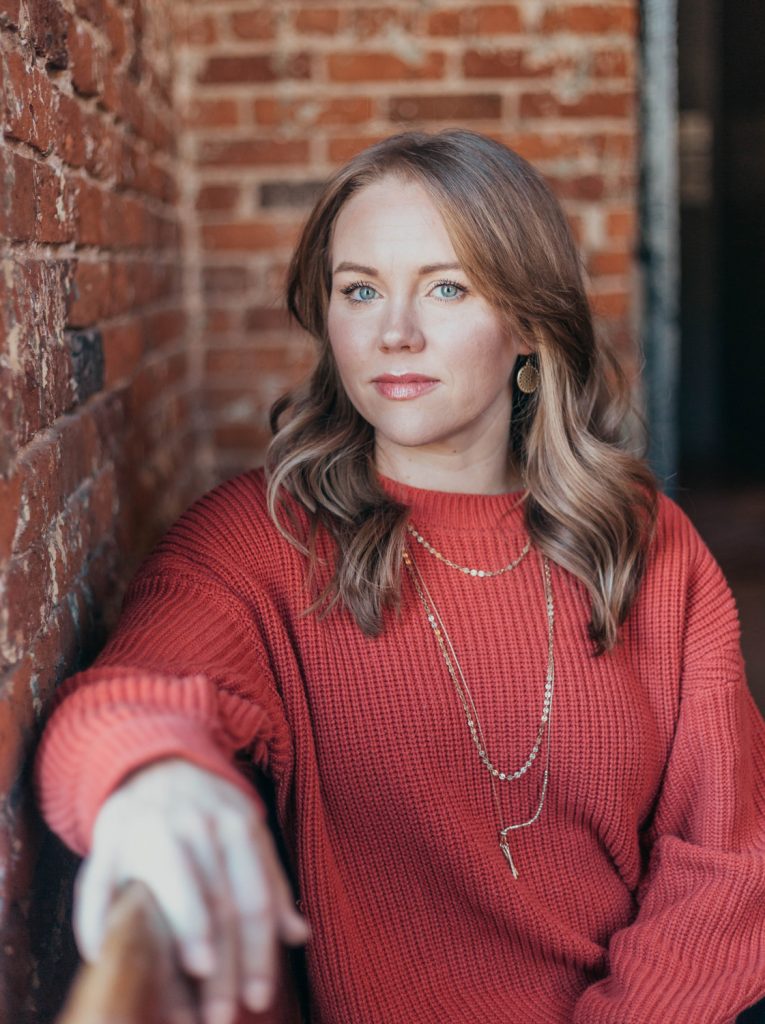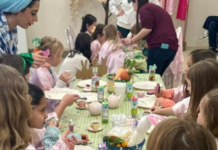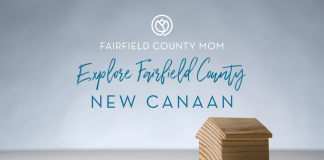April was Sexual Assault Awareness Month, and education related to sexual trauma is imperative to ending the stigma and helping survivors feel seen.
For many women, their passage to motherhood may be overshadowed by a history of sexual trauma. This is why support is critical! According to RAINN, 94% of women who experience sexual assault will develop post-traumatic stress disorder.
As a survivor and licensed clinical social worker, I was naive to believe my history would have little impact on my pregnancy and parenting journey. I can now say that thanks to therapy, and a strong support system, including trauma-informed, safe medical providers, I felt present and in control on my journey. My pregnancy, delivery, and first year of motherhood were incredible successes because of this. And while there will always be some underlying anxieties related to my past, I recognize that I have the power to maintain my safety and to continue finding my way.
Over the years, my experiences and profession have led me to speak with the most resilient individuals. Recently, I had the privilege of speaking with Kara Robinson Chamberlain, a fierce advocate for individuals who have experienced violent crime and perhaps, more importantly, a mama of two brilliant boys.

*Permission to share this brief expression of Kara’s story was provided. Facts were gathered through Kara’s documentary, in which she served as an executive producer.
Twenty years ago, Kara was watering plants outside a friend’s home in South Carolina when a stranger abducted her. Kara was held captive for 18 hours until she made a daring escape. Her will to survive led to her captor’s arrest and the discovery that he had been responsible for the murders of several young women many years prior.
Kara now uses her experience with trauma as a catalyst for change, offering hope to survivors of sexual assault and other violent crimes. You can read more about Kara’s story on her website.
When Kara and I met over Zoom, it was a chilly, rainy day in Connecticut. Kara called in from her home in the South, and she was as down to earth as ever. Kara was open to the many questions I, a mom, not a journalist, asked. It was an engaging and empowering conversation that I will hold in memory as I continue to navigate this life. I talked to Kara about the stigma survivors often face, the importance of language in speaking with someone who has disclosed an assault, and how motherhood has influenced her healing journey.
Kara shared that as a “boy mom,” she didn’t initially feel “over” protective. She pointed out that often, we value the safety of girls and women over boys and men. I found this disclosure so honest and brave, a mother sharing how a societal perspective can influence personal guidance.
Through her advocacy, Kara then noted that anyone can be a survivor and that even her boys required additional consideration regarding their safety. This is why age-appropriate education around awareness is crucial. Kara hopes to raise good boys who grow into good men who respect and value consent. Kara’s role as a mother supports her healing process by providing an unspoken motivation to persevere and remain cognizant of her mental health. Her boys are so fortunate to have such a warrior mom!
During our chat, Kara and I discussed the importance of empowering our children by providing accurate and direct information. This is especially important when teaching our children body autonomy and that there are proper names beyond “private parts,” which allows them agency over themselves early on. This conversation transitioned into the idea of respect and protection from individuals who we may not necessarily “see” and how social media plays a role as children and teens grow.
Kara and I, both in our 30s, were raised before social media, so it has been an interesting concept to navigate. This goes beyond motherhood, as I have a toddler, but it is especially applicable in my work as a therapist. Kara shared she monitors her children’s devices more so because of others and less because of the content her children enjoy. Parental controls are helpful, but she did express that boundaries in parenting are also crucial.
Kara emphasized that as a mother, you must be a safe space for your child and constantly reassure them that nothing they can do or nothing that is done to them will ever impact your love and support.
We humored the social media term “Mom Guilt.” Kara balances mom guilt with a healthy dose of reality. She recognizes that parenting is difficult, and it is important to talk to your kids about it. She shared that she sometimes wonders, “Are my kids getting enough of me?” when she is in this thought process. She focuses on spending quality time together, putting down her phone, and making and maintaining connections with them.
As our conversation shifted gears, I found it helpful to hear how over time and through her healing, Kara’s advocacy has remained the same. She wants survivors to be met with respect and have their stories remain their own. This resonated with me, the idea that the first thing out of someone’s mouth when trauma is disclosed is, “I’m so sorry that happened.” Changing the narrative here is important because survivors wish to be supported and believed. Saying “sorry” takes the survivor out of their moment of empowerment and may feel overwhelming.
These experiences do not define the individual; they are moments that, while “negative,” it has still crafted us into the people that we are today. Instead, Kara encourages others to remain mindful of their language, using phrases such as, “Thank you for trusting me with that,” or “I believe you and thank you for sharing.”
Kara hopes this allows people the chance to see things from a new and empowering perspective. She aims to inspire “vulnerability through vulnerability, as Brené Brown says.” She wants to help and empower victims to become survivors who work past their experiences and thrive in their lives. Kara has already made a significant impact on many lives, and she will continue to do so.


























